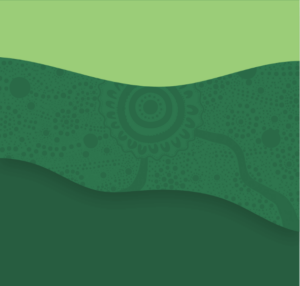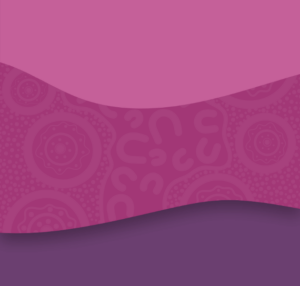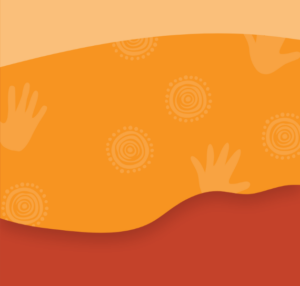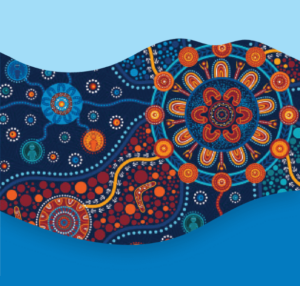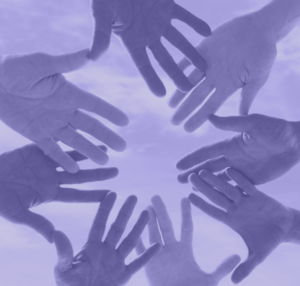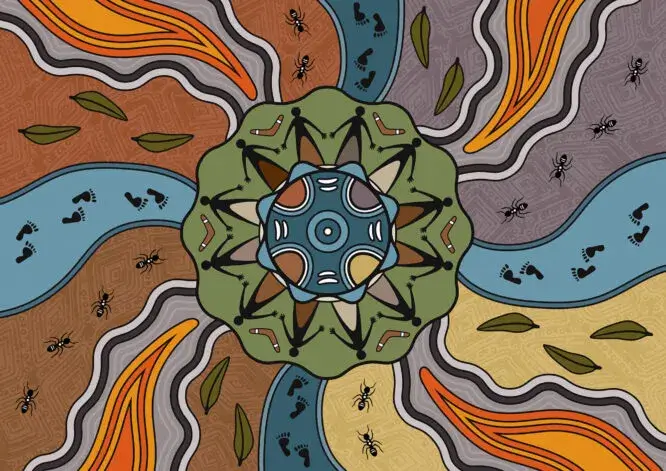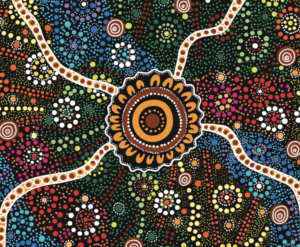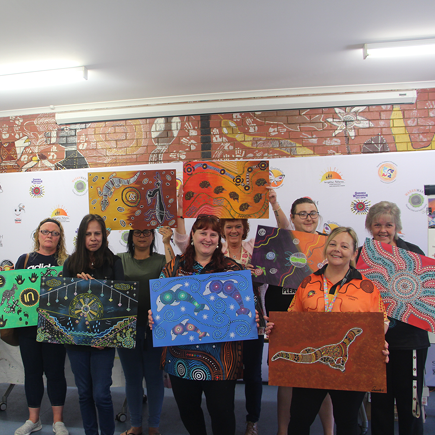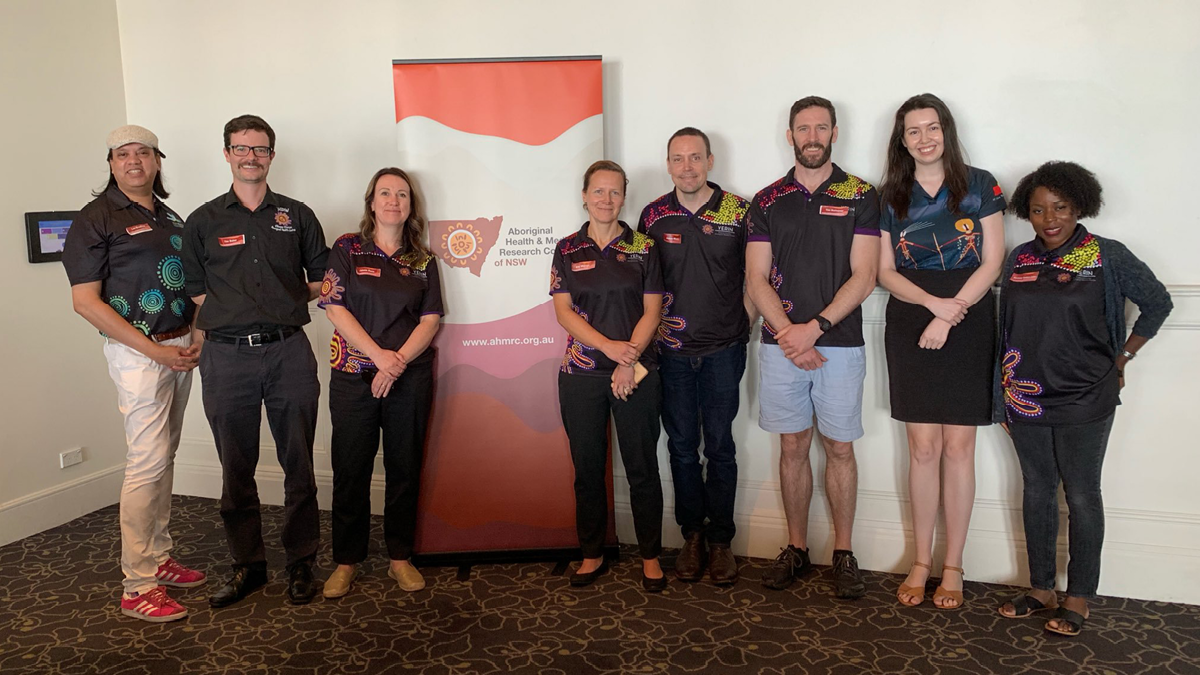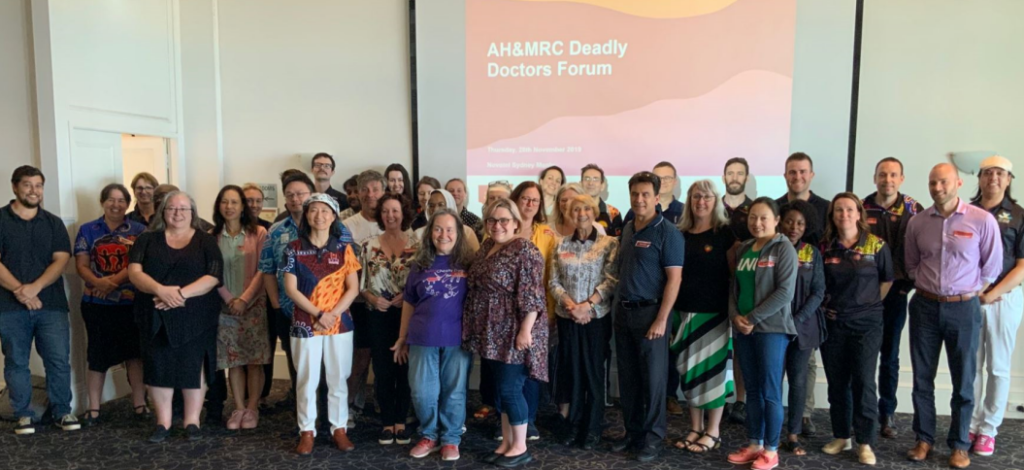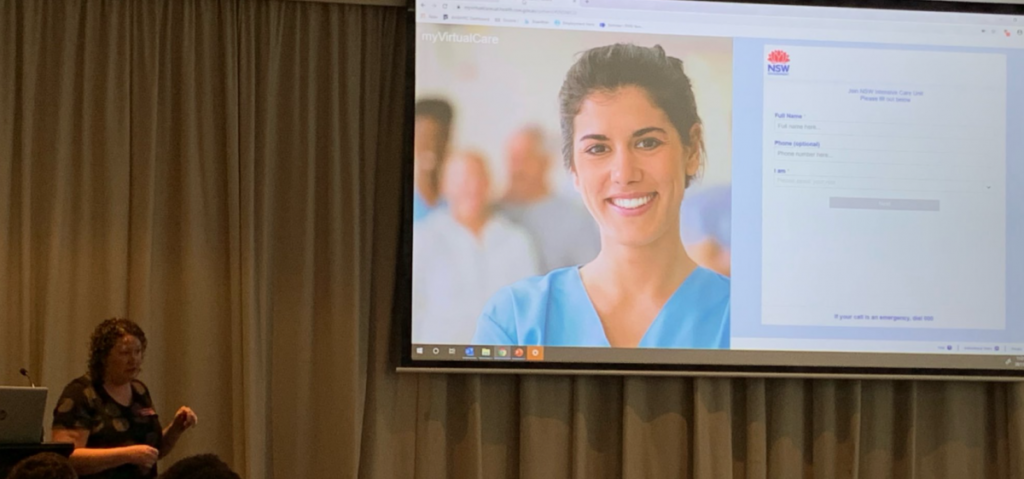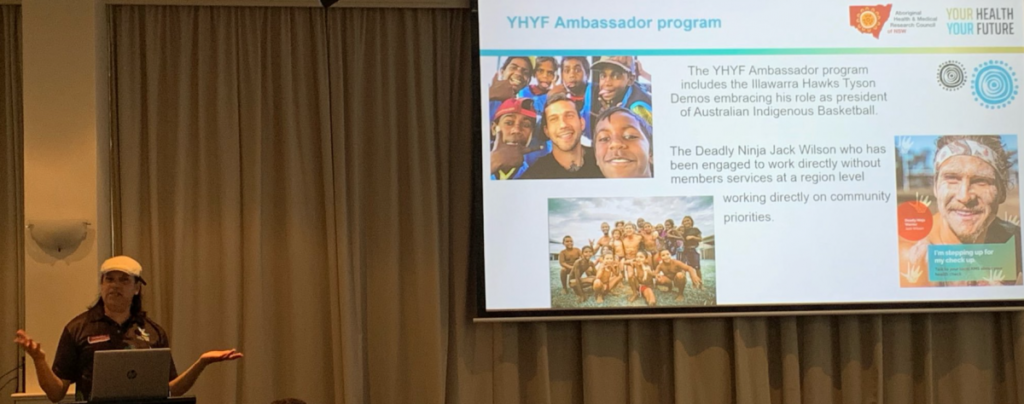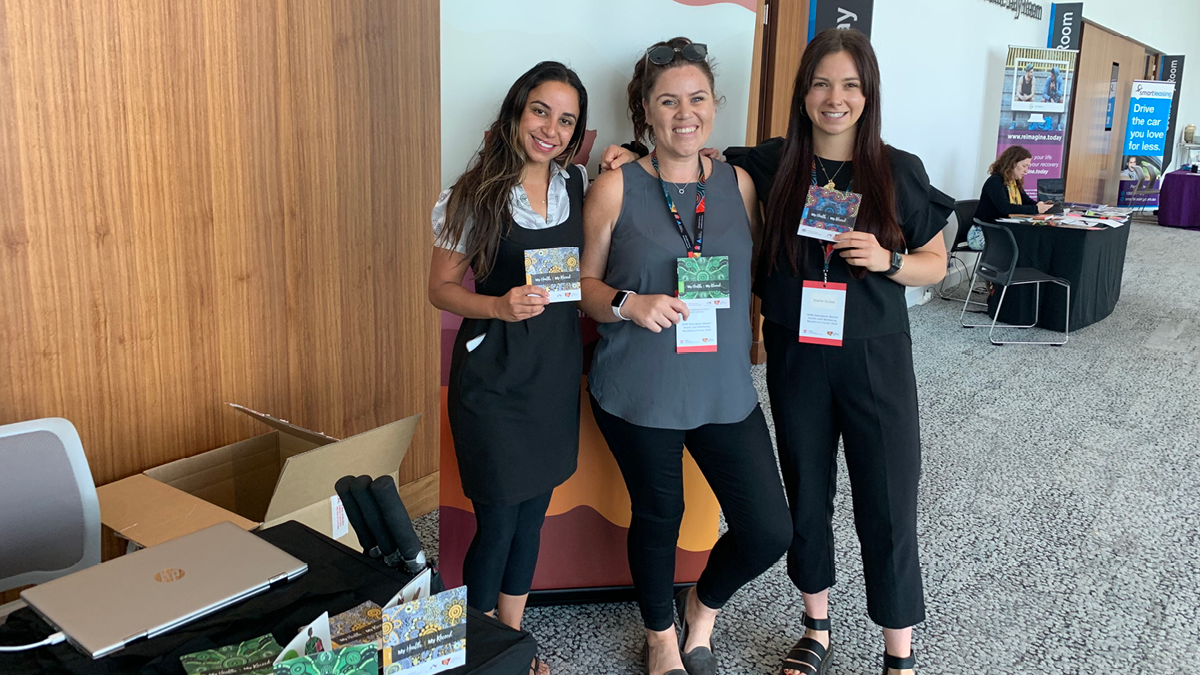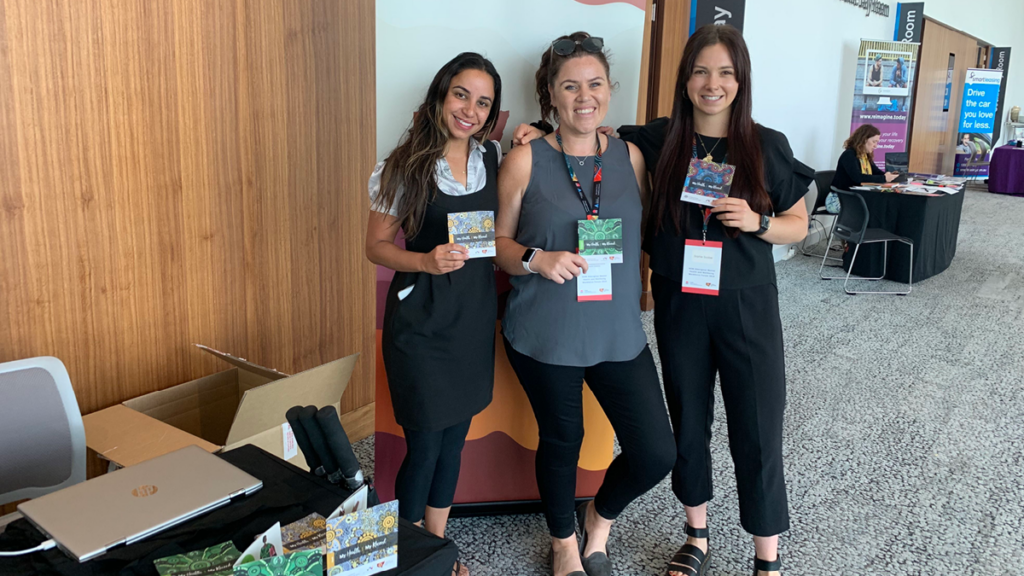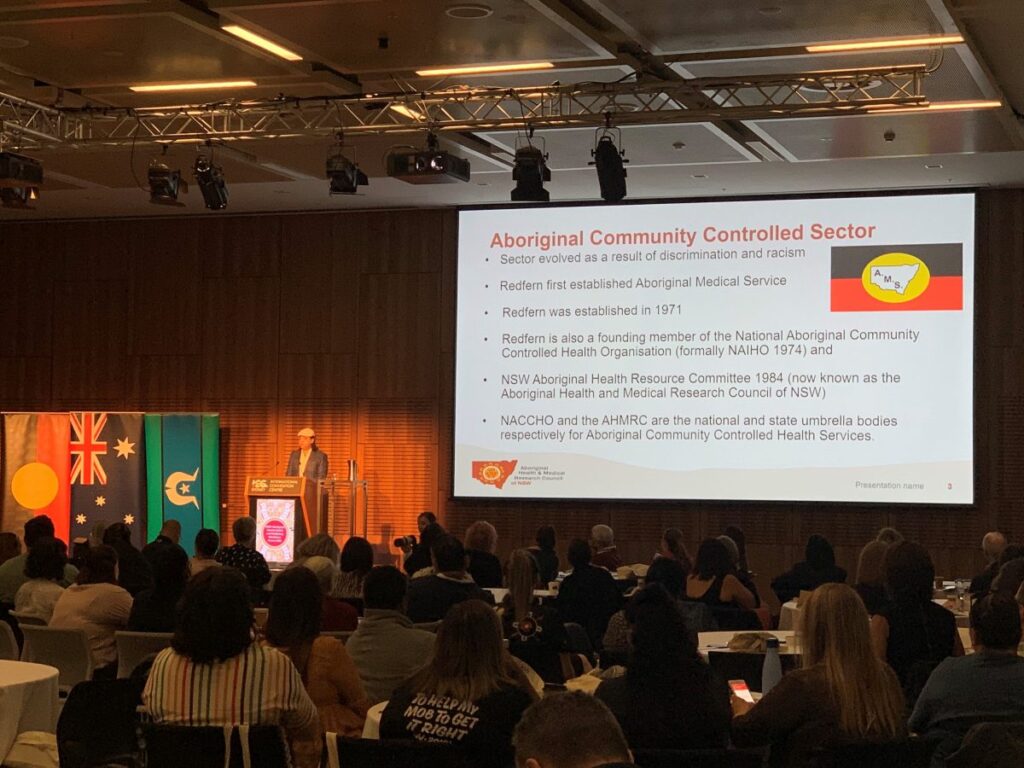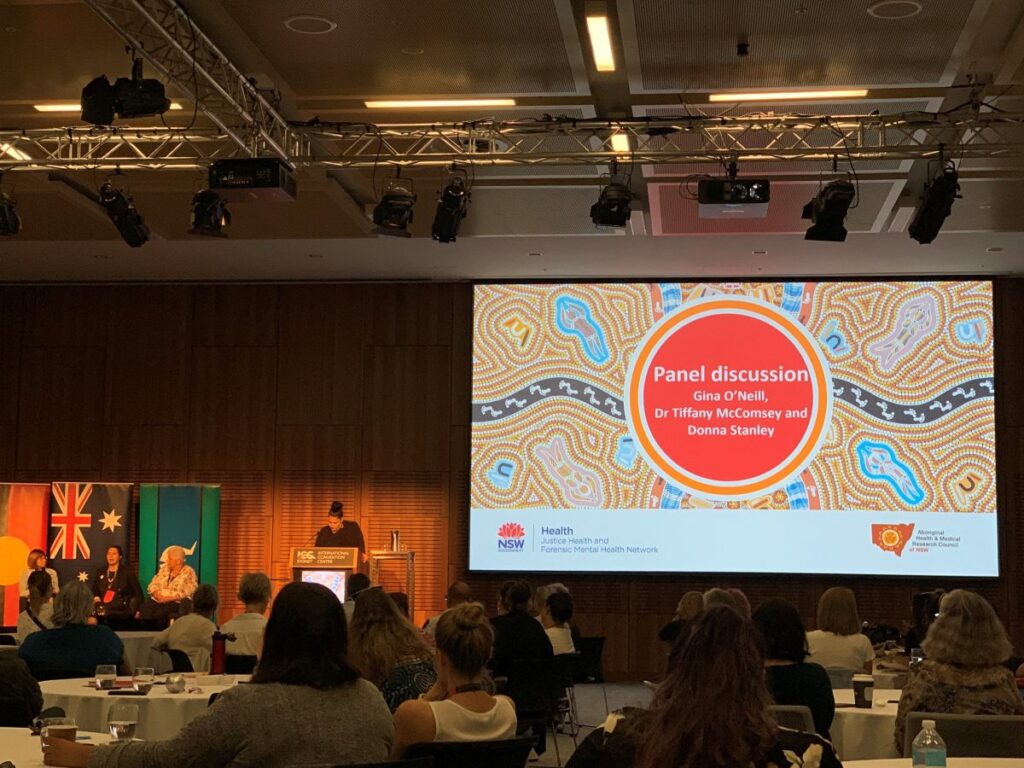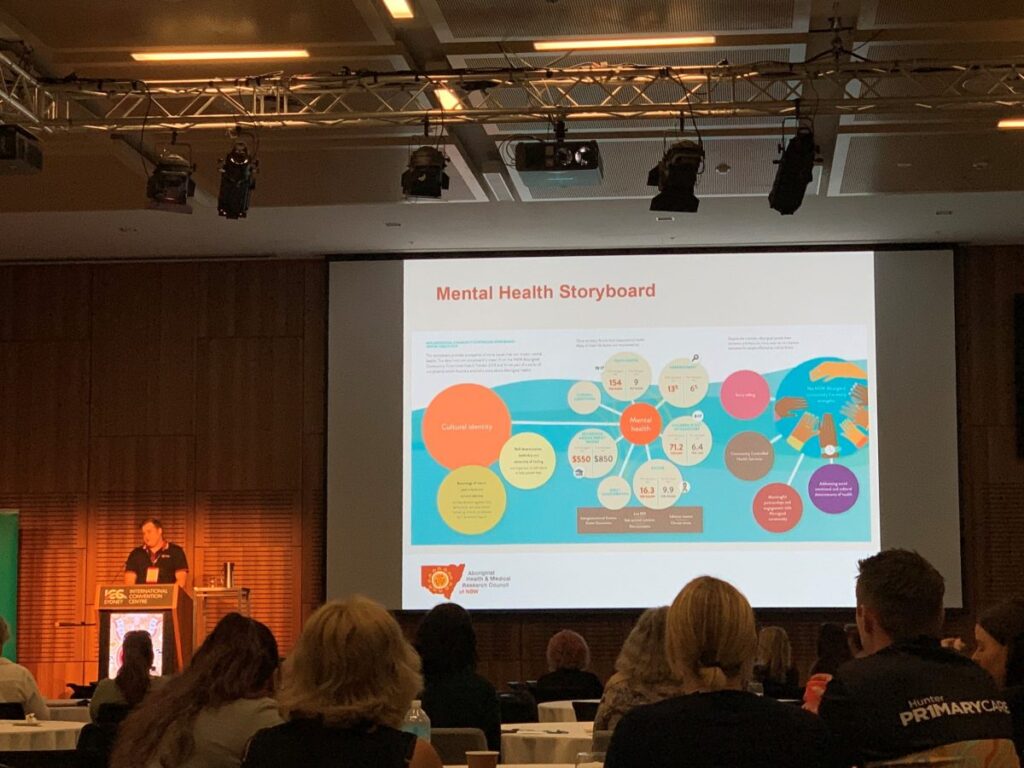The Art Therapy Program was created by Tharawal Aboriginal Corporation in 2013 for the purpose of providing community members with a safe place to yarn. It is a non-clinical setting where vulnerable members of the community can open up about their struggles without feeling judged and discriminated against. The Program also creates a space for community members to express their feelings, using art as a medium. Through art, participants can explore the issues that have affected them in their life and begin viewing them from a different perspective to promote acceptance and healing.
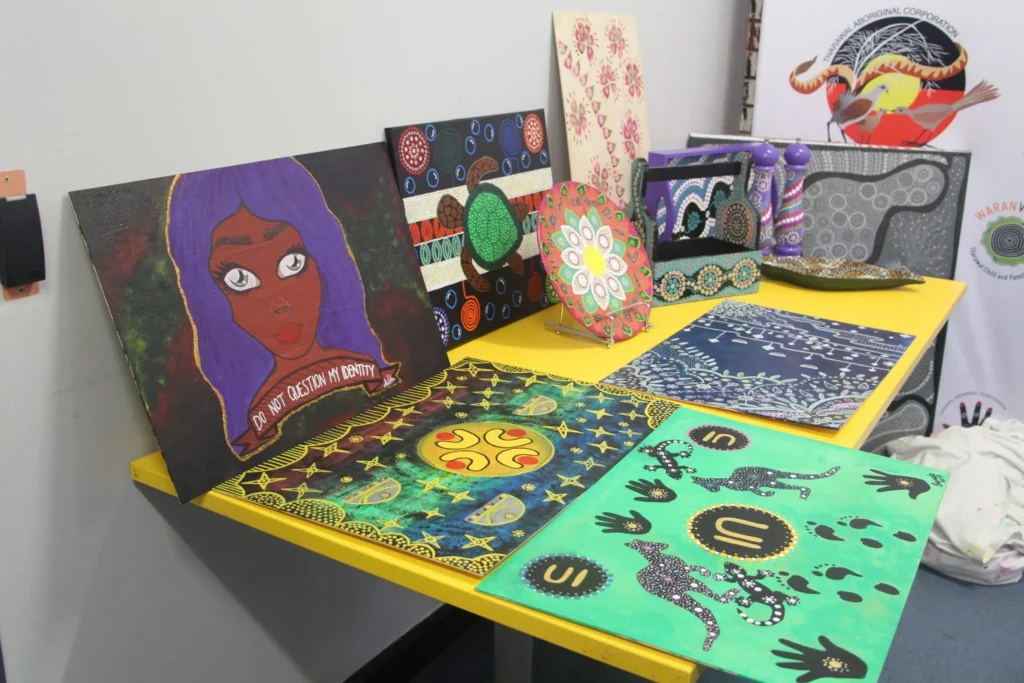
‘We decided there was a need for some of the clients that suffer with mental health in the community. They would disengage with a lot of services, so we thought that we’d look at some ideas and see what they were interested in. We did try a couple of things, but we found that the art therapy really kicked off.’ – Dannielle Gillette, Mental Health Worker at Tharawal
A large component of Aboriginal peoples social and emotional wellbeing is feeling connected to culture and community. The Program covers both bases, incorporating traditional Aboriginal art and creating connections between community members who are part of the Program. For generations Aboriginal people have used art for storytelling and to chronicle knowledge of their land and mob. The Tharawal Art Therapy Program teaches community members traditional art from their Nation, helping them to go back to their family roots.
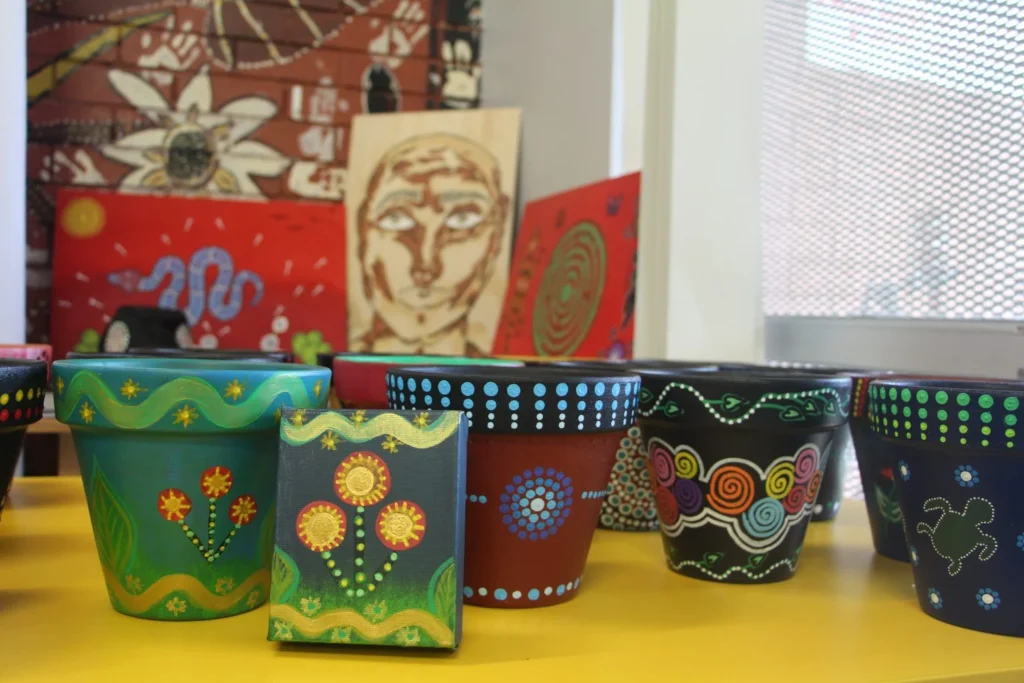
‘I feel more culturally connected. My mother is Anglo-white, we weren’t really cultural cause my dad was in an orphanage for stolen generations, so we didn’t know much. By coming here, I feel I’m connected. I’m able to connect with him even though we don’t know… Where his mum, where his dad is.’ – Joanne, Tharawal Art Therapy Program Class Member
On Wednesday the 16th of October 2019, during Tharawal’s celebration of Mental Health Week, the Art Therapy Program presented The Journey 2020 Calendar, made up of artworks from 12 of the class members. The artists each used different symbols and totems originating from their local community to create beautiful artworks layered with meaning. The artworks were all uniquely different, using traditional styles and emotive colours to communicate the individual journey of each of the class members.
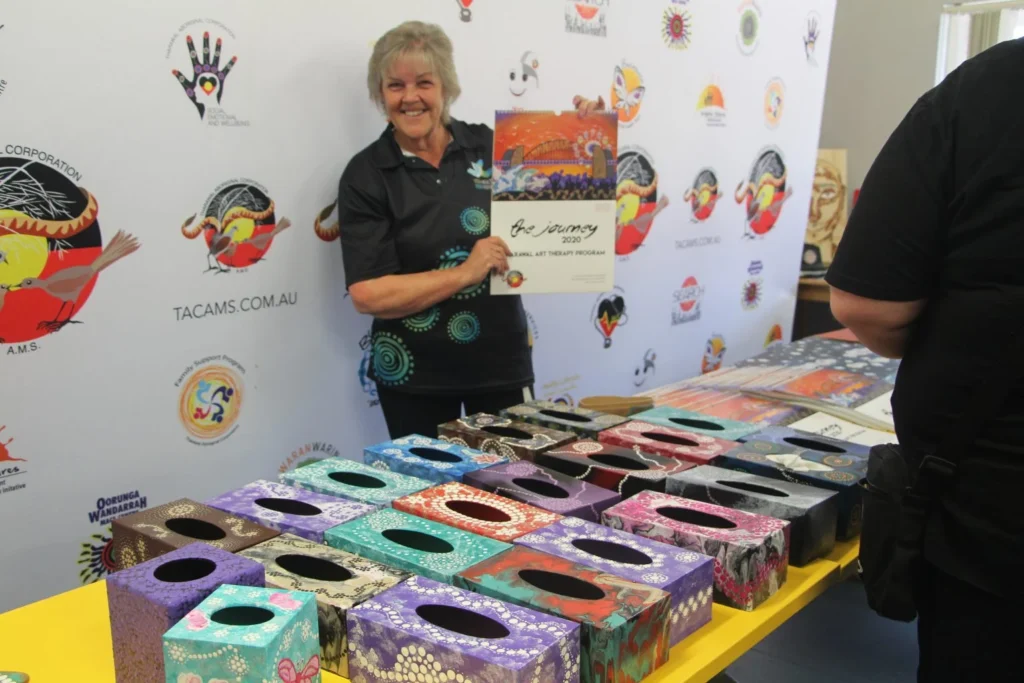
‘We made the Calendars with the group to show them what great artists they all are, and they should all be so proud.’ – Ondra Challinger, Tharawal Art Therapy Program Coordinator
The CEO of Tharawal, Darryl Wright and Program Coordinators Danielle Gillette and Ondra Challinger presented the artworks back to the artists. It was an emotional presentation, with artists sharing their struggles with mental health and how they had affected their life trajectories.
Mental health issues that deeply effect Aboriginal communities including domestic violence, suicide and drug and alcohol addiction were themes explored in the artworks. While usually these issues are approached with shame and stigma, many of the artists were proud of the struggles they had faced and overcome in their lives. Through owning their stories and connecting to culture and community, the class members have been able to grow and heal together.
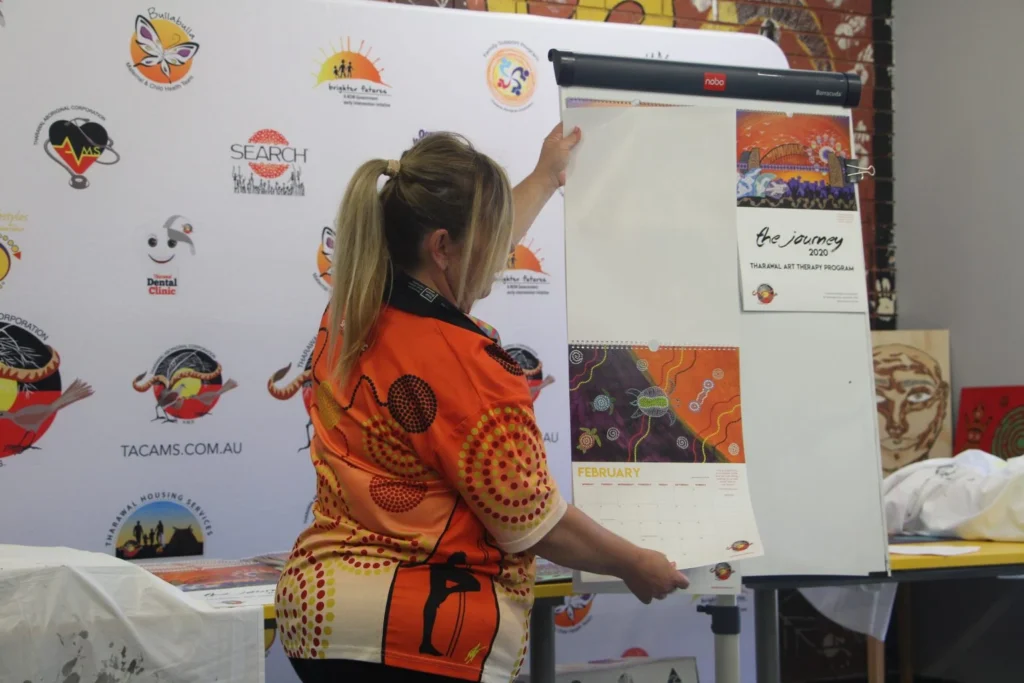
Tharawal Aboriginal Corporation is selling The Journey 2020 calendars for $20 each. The funds raised from calendar sales will go towards purchasing resources for the Program. The Journey 2020 Calendars are a thoughtful Christmas gift option for family and friends. Don’t miss out!
Please contact Ondra (ondra.challinger@tacams.com.au) or Danielle (danielle.gillette@tacams.com.au) to learn more.
Author
Lucy Butler, AH&MRC Comms Team
